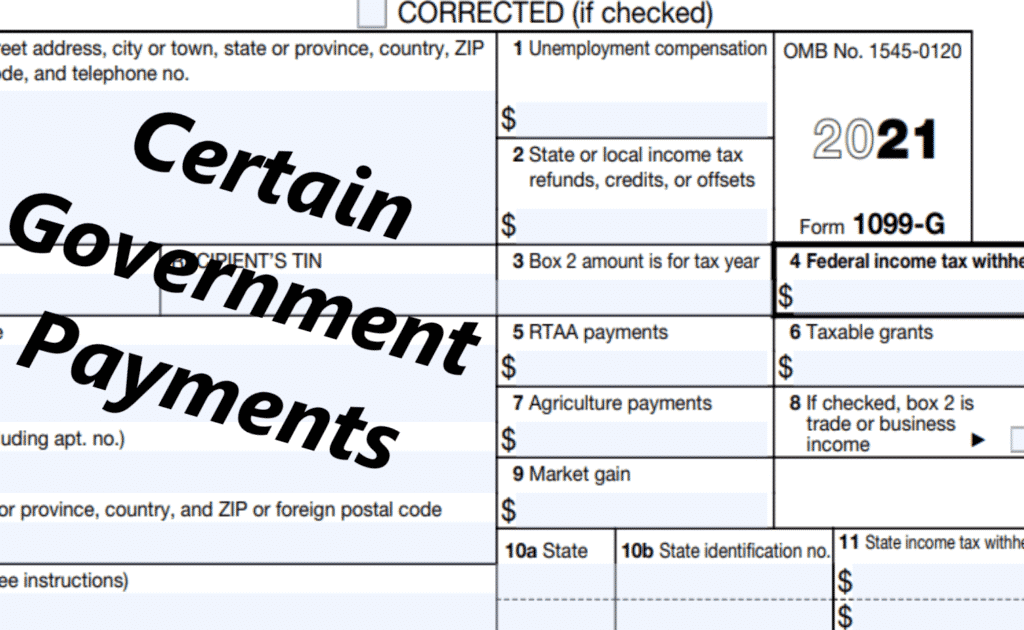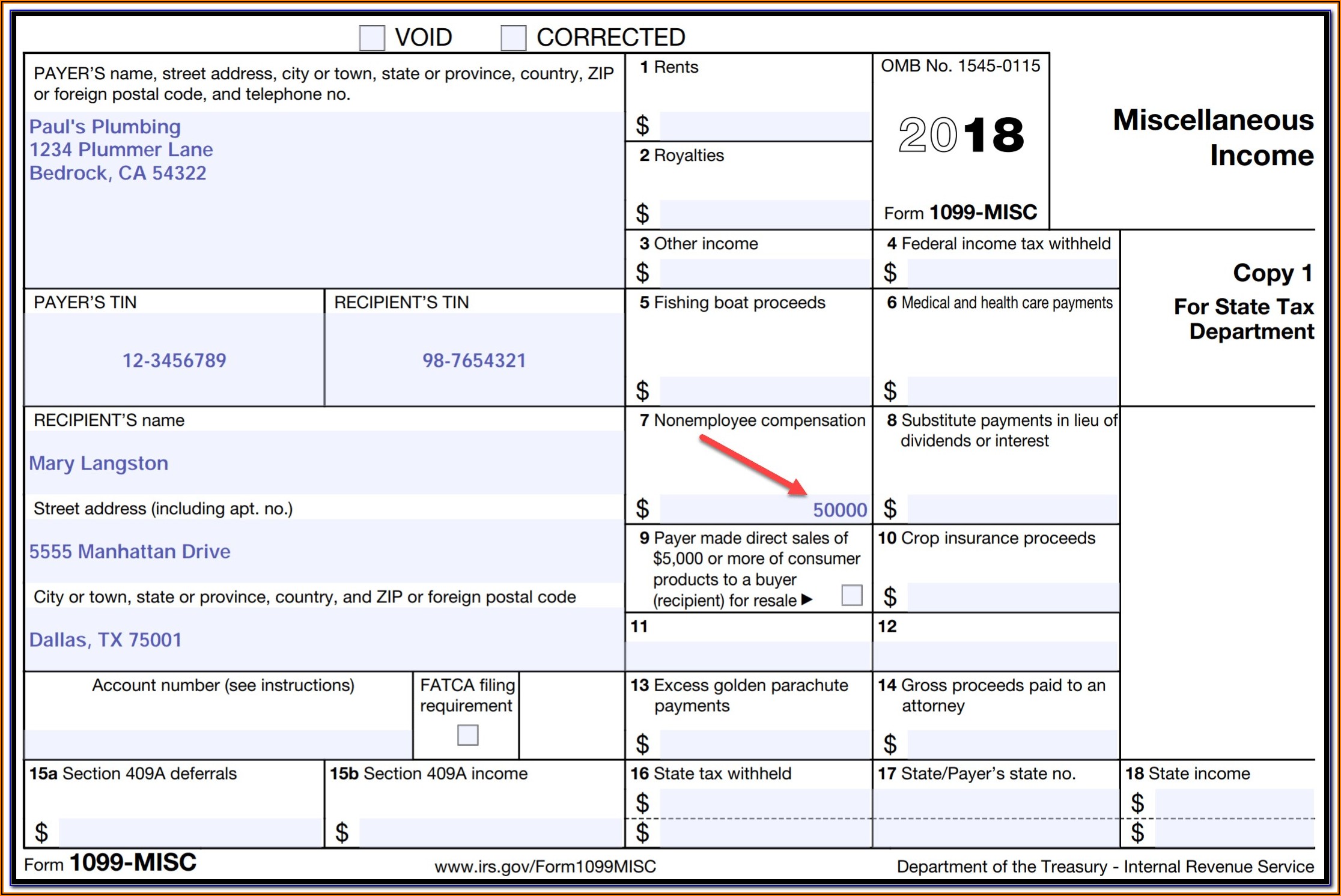Understanding Colorado 1099-G: A Comprehensive Guide To Tax Forms And Reporting
Are you looking to navigate the intricacies of Colorado's 1099-G form? This guide will walk you through everything you need to know about this essential tax document. Whether you're a freelancer, independent contractor, or small business owner, understanding the Colorado 1099-G is crucial for accurate tax reporting and compliance. This form documents payments made by government entities and ensures that taxpayers are aware of their taxable income.
The Colorado 1099-G serves as a vital tool for both taxpayers and government agencies. It provides detailed information about payments received from unemployment compensation, state tax refunds, and other government payments. Properly filing and understanding this form can help you avoid penalties and ensure that you're meeting all your tax obligations.
As we delve deeper into this topic, we'll explore the nuances of the Colorado 1099-G, including its purpose, who needs to file it, and how to ensure compliance. By the end of this article, you'll have a clear understanding of how to handle this form effectively.
Read also:Souldrinker Poe A Comprehensive Guide To The Mythical Entity
Table of Contents
- What is the Colorado 1099-G Form?
- Who Receives the Colorado 1099-G?
- Key Information on the Colorado 1099-G
- Filing Deadlines for the Colorado 1099-G
- Common Mistakes to Avoid
- Tax Implications of the Colorado 1099-G
- The Reporting Process for Colorado 1099-G
- Useful Resources for Colorado Taxpayers
- Frequently Asked Questions About Colorado 1099-G
- Conclusion: Stay Compliant and Informed
What is the Colorado 1099-G Form?
The Colorado 1099-G form is a tax document issued by government entities to individuals who have received payments such as unemployment compensation, state tax refunds, or other governmental payments. This form helps taxpayers accurately report their income and ensures that all necessary payments are accounted for in their tax filings. It is an essential component of the tax process for those who receive government payments.
Issued annually, the Colorado 1099-G provides a detailed breakdown of the payments received, allowing taxpayers to reconcile their records with the government's records. This form is particularly important for individuals who have received unemployment benefits or state tax refunds during the year.
Why is the 1099-G Important?
- It ensures accurate reporting of taxable income.
- It helps taxpayers avoid penalties for underreporting income.
- It provides a record of government payments received during the year.
Who Receives the Colorado 1099-G?
Not everyone will receive a Colorado 1099-G form. It is typically issued to individuals who have received payments from government entities, such as unemployment compensation, state tax refunds, or other forms of government assistance. If you fall into any of these categories, you should expect to receive a 1099-G form by the end of January each year.
For example, if you received unemployment benefits during the year or a refund from the Colorado Department of Revenue, you will likely receive a 1099-G form. This form is your official record of these payments and must be included in your tax filings.
Examples of Payments Reported on the 1099-G
- Unemployment compensation
- State tax refunds
- Overpayments of taxes
- Other government payments
Key Information on the Colorado 1099-G
The Colorado 1099-G form contains several important fields that provide detailed information about the payments received. These fields include the total amount of payments, the type of payments, and any adjustments that may apply. Understanding each section of the form is crucial for accurate reporting.
For instance, Box 1 of the form typically lists the total amount of unemployment compensation received, while Box 3 lists any state tax refunds issued during the year. By carefully reviewing each field, taxpayers can ensure that their records align with the government's records.
Read also:Johnny Manziel Shower Exploring The Phenomenon And The Man Behind It
Understanding the Boxes on the 1099-G
- Box 1: Total unemployment compensation
- Box 3: State tax refunds
- Box 5: Other payments
Filing Deadlines for the Colorado 1099-G
The deadline for receiving the Colorado 1099-G form is January 31st of each year. Government entities are required to issue this form by this date to ensure that taxpayers have sufficient time to prepare their tax filings. If you do not receive your form by this date, it is important to contact the issuing agency promptly.
Similarly, taxpayers must include the information from their 1099-G form in their federal and state tax returns by the April 15th deadline. Failing to report this information can result in penalties and interest charges.
What Happens if You Miss the Deadline?
If you fail to file your taxes on time, you may incur penalties from the IRS and the Colorado Department of Revenue. It is essential to prioritize the inclusion of your 1099-G information in your tax filings to avoid these penalties.
Common Mistakes to Avoid
Mistakes on the Colorado 1099-G form can lead to significant issues during the tax filing process. Some common errors include failing to report all payments, misinterpreting the information on the form, or missing the filing deadline. To avoid these pitfalls, it is important to carefully review the form and seek professional advice if needed.
For instance, many taxpayers mistakenly believe that unemployment compensation is not taxable. However, this income is subject to federal and state taxes and must be reported accurately on your tax return.
Tips for Avoiding Errors
- Double-check all figures on the form.
- Consult a tax professional if you're unsure about any details.
- File your taxes on time to avoid penalties.
Tax Implications of the Colorado 1099-G
The information reported on the Colorado 1099-G form has significant tax implications. Payments such as unemployment compensation and state tax refunds are generally considered taxable income and must be reported on your federal and state tax returns. Failing to do so can result in audits, penalties, and interest charges.
For example, if you received a state tax refund during the year, you may need to include this amount in your federal taxable income. Similarly, unemployment compensation is subject to both federal and state taxes and must be reported accordingly.
How to Calculate Taxable Income
To calculate your taxable income based on the Colorado 1099-G, you'll need to add up all the payments listed on the form and include them in your total income. Be sure to consult the IRS guidelines and Colorado tax regulations to ensure accurate reporting.
The Reporting Process for Colorado 1099-G
Reporting the information from your Colorado 1099-G form is a straightforward process. Begin by reviewing the form carefully and entering the relevant figures into your tax return software or manually on your tax forms. Ensure that all amounts are accurate and match the information provided by the issuing agency.
For those who use tax preparation software, the program will typically guide you through the process of entering 1099-G information. If you're filing manually, be sure to include the relevant figures on the appropriate lines of your federal and state tax returns.
Steps for Accurate Reporting
- Review the 1099-G form for accuracy.
- Enter the figures into your tax return software or manual forms.
- Double-check all entries before submitting your return.
Useful Resources for Colorado Taxpayers
Several resources are available to help Colorado taxpayers navigate the 1099-G form and ensure accurate reporting. The IRS website provides detailed guidance on how to handle 1099-G forms, while the Colorado Department of Revenue offers specific information about state tax obligations.
In addition, consulting a tax professional or accountant can provide personalized advice and ensure that you're meeting all your tax obligations. Many online platforms also offer free tools and calculators to assist with tax preparation.
Where to Find More Information
Frequently Asked Questions About Colorado 1099-G
Q: What happens if I don't receive my 1099-G form?
If you do not receive your 1099-G form by January 31st, contact the issuing agency immediately. They can provide a duplicate copy or assist you in obtaining the necessary information for your tax filings.
Q: Is unemployment compensation taxable?
Yes, unemployment compensation is generally considered taxable income and must be reported on your federal and state tax returns. This information will be included on your Colorado 1099-G form.
Q: Can I file my taxes without the 1099-G form?
It is not advisable to file your taxes without the 1099-G form, as it contains critical information about your income. However, if you cannot obtain the form in time, you can estimate the amounts and amend your return later if necessary.
Conclusion: Stay Compliant and Informed
Understanding the Colorado 1099-G form is essential for accurate tax reporting and compliance. By familiarizing yourself with the form's purpose, key information, and reporting requirements, you can ensure that you meet all your tax obligations. Remember to file your taxes on time and seek professional advice if needed to avoid penalties and complications.
We encourage you to share this article with others who may benefit from the information and leave a comment below if you have any questions or feedback. Stay informed and take control of your financial future by staying compliant with all tax regulations.
Zubaida Tharwat Jennifer Lawrence: A Comprehensive Exploration
Lia Lovely Twerk: The Rise Of A Social Media Sensation
Understanding Homophobic Eyes Cat: A Comprehensive Guide

2018 2019 IRS Form 1099G Editable Online Blank in PDF

1099G Form 2024 2025

State Of Colorado Form 1099 G Form Resume Examples BpV5Wx3r91